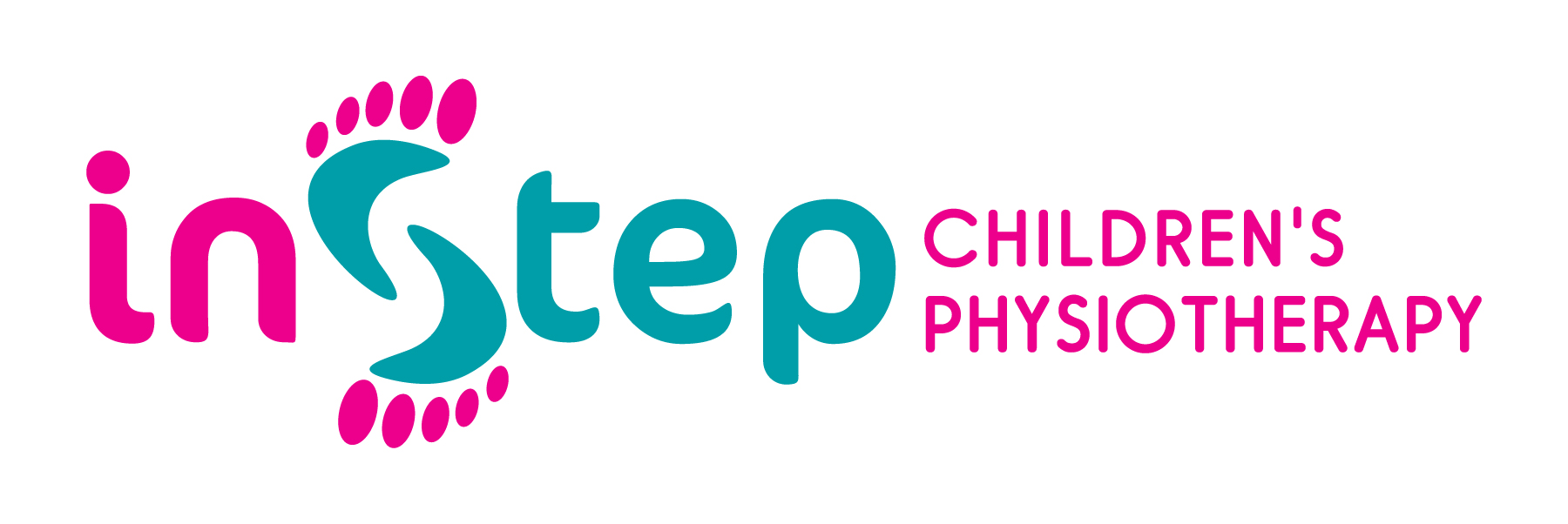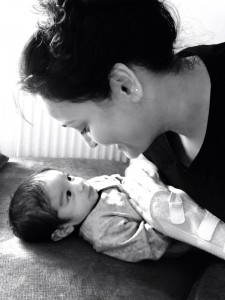I recently became certified in NBO, by attending a course run by the Brazleton Centre. The NBO is a brief observational scale looking at a mixture of reflexes and behaviours which are used to describe a newborns physiological, motor, state and social capacities. The main aim is to work with parents, to learn as much as possible about their baby through his/her behaviour. As the parents gain an understanding of the 6 behavioural states, they become more confident in utilising the babies’ non verbal cues to assist with care giving. The NBO is able to demonstrate how certain handling/postural adjustments can promote infants sleep, energy/calorie conservation to allow modulated behaviour/sleep-awake states.
The NBO allows the healthcare professional to reassure and provide ‘anticipatory guidance’ to build a positive parent child interaction, by working in partnership with the parents to improve bonding and attachment. The use of structured observation helps to identify strengths of the new born and thus facilitate development. The NBO can be done on any baby, aged between 36 weeks and 3 months and can be done in the home environment/quiet hospital setting. To arrange the NBO in your home environment, please click here.
Since gaining my qualification, I have begun to utilise the NBO on certain babies in Special Care Baby Unit. The NBO has been an invaluable tool to help build relationships between babies and parents. One particular baby and mum underwent a traumatic birth, which meant skin to skin was not possible. There were feelings from the nursing staff that Mum was at risk of poor bonding with her newborn due to the trauma and so the NBO was used to highlight the babies repertoire of skills including response to his mother’s and father’s voice. The feedback from both parents was overwhelmingly positive, as they came away with a greater appreciation that their new born was an active being, who was able to make his needs known through his non verbal cues as well as crying! I was able to highlight the babies capacity to self regulate, to allow self calming including ‘hands to face’, ‘hands to mouth’ and ‘feet together’.
Here is some feedback from one of the developmental nurses I work with at Watford General
“The parents of the term baby whom you did the NBO for last Friday were very grateful and so much more positive and relaxed after you had seen them. The mum was at risk for postnatal depression and showed signs of not bonding with her baby after her very difficult delivery. You have made a huge difference to her. Thank you very much for this.” Liba Mason

